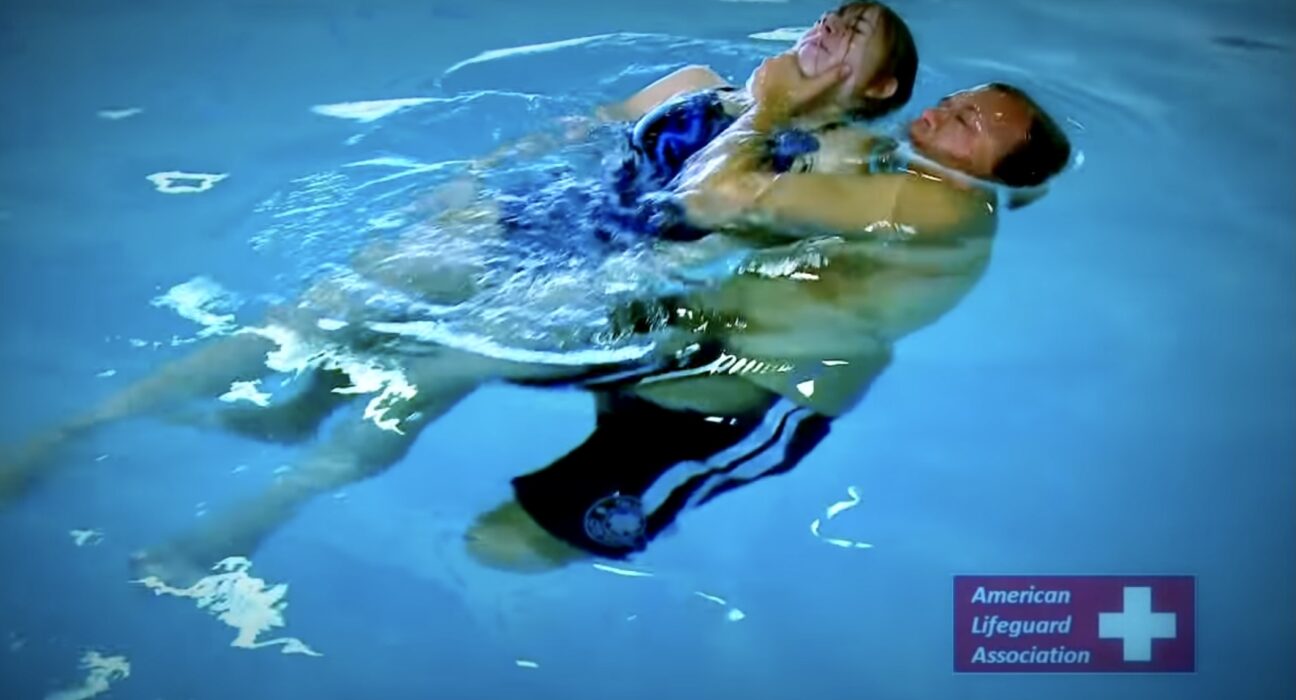How Can You Succeed in a Lifeguard Class?

Welcome to our guide on succeeding in your lifeguard class from the American Lifeguard Association. Becoming a certified lifeguard is an important first step in a career dedicated to water safety. However, lifeguard classes can be challenging. In this article, we’ll share our top tips to help you pass your class the first time around.
As the leading lifeguard association in the country, ALA understands what it takes to be a great lifeguard. We’ve trained thousands of lifeguards over the years and want to help set you up for success. Follow our advice and you’ll be ready for anything your instructor throws at you. Let’s dive in!
Master the Skills Requirements
Every lifeguard class has certain swimming and assessment skills that must be passed to get certified. Make sure you take the time to practice and perfect your skills before class even begins. This includes things like:
- 300-yard continuous swim (freestyle or breaststroke)
- 2-minute tread water without use of hands
- 20-yard swim, retrieve a 10-pound object from the bottom of the deepest area of the pool, and return it while keeping your face above water
- CPR competency on adults, children, and infants
Spend time swimming laps in the months leading up to class. Work on maintaining good form during long distance swims and getting comfortable in deeper water. Having these essential skills down cold will allow you to focus on the classroom material instead of being worried about tests.
Study CPR, First Aid, and Injuries
Next to swimming, the bulk of your class will cover first aid and CPR. You’ll need to learn proper techniques, memorize protocols, and pass written and practical exams. Use flashcards to help memory retention of things like:
- Adult, child, and infant CPR procedures
- Choking relief for conscious and unconscious victims
- First aid for bleeding, burns, fractures, and other common injuries
- Spinal injury management and head-to-toe injury assessments
Have family and friends quiz you. Rehearse skills out loud. The more you practice explaining first aid steps, the more naturally it will come during exams. Confidence in these life-saving abilities is crucial for any lifeguard.
Focus During Classroom Lessons
It’s easy to get distracted or daydream during long classroom lectures. However, paying rapt attention is important for absorbing scenario-based learning. Take thorough notes, ask questions, and actively participate in case studies.
Lifeguarding involves a lot of on-the-spot decision making. Classroom lessons will train you to identify risks, form quick action plans, and execute appropriate responses. Pick your instructor’s brain—their real-world experiences are invaluable. Stay focused to maximize what you take away from each session.
Condition Your Body for the Job
While the physical test requirements are passable for most, being a lifeguard is still physically demanding. You’ll spend hours on your feet, constantly scanning for dangers. Consider strength and cardio training in advance to help take the edge off tough days.
Aquatics centers vary in size so be prepared to cover large areas quickly. Add laps, sprints, and exercises like pull-ups to your routine. This will give you the stamina and endurance expected in what can be a high-intensity job. An in-shape lifeguard is a more alert and effective one.
Embrace the Learning Process
Remember that making mistakes is how we improve. Keep an open mindset and don’t be too hard on yourself as you progress through class. Maintaining optimism and asking for feedback are great ways to keep progressing each day.
While obtaining your license is the goal, focus primarily on absorbing as much as you can from instructors. See the class as an investment in your future career—not a test to just pass. Adopting this attitude of continual development will serve you well as a lifeguard for many seasons to come. Read more information click here.
In Summary: Follow the Five Keys
In summary, the American Lifeguard Association encourages focusing on skill mastery, thorough classroom studying, keeping an engaged mindset, physical preparation, and embracing the learning journey. Do your best to incorporate these five key practices.
By capitalizing on every learning opportunity, you’ll set yourself up to confidently succeed in your class and start protecting lives as a certified lifeguard. Let me know if you have any other questions as you start your training!






